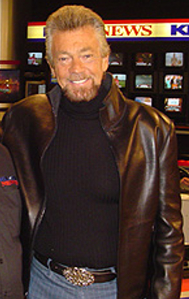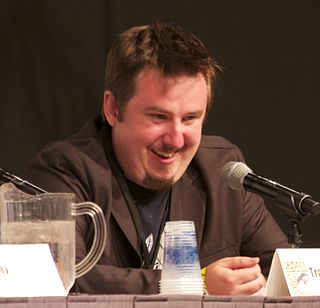A Quote by Margaret Atwood
Younger people have greatest fears. Why is that? Because they don't know the plot. They don't know their own individual plot... they don't know what's going to happen to them.
Quote Topics
Related Quotes
With a novel, you have the reader with you a lot longer, and you owe him a lot more. Obviously you have to have a plot - I say "obviously," although I think a lot of fiction doesn't, and nothing seems to happen. But to me, there should be something that happens, and it should be at least vaguely plausible. And because the readers are going to be with these characters for a long time, you have to get to know them and like them and want to know what happens to them.
I can tell any liberal why he or she thinks what they think. I can predict to them what their reaction to any event or person is going to be, because I know them, because I have taken the time because I'm curious to study it. I know what liberalism is. I know from where it springs and derives, and I know the vast majority of people who are liberals, what they are going to do, say, and think about.
Every time I read anything, whether it be a book, a script, or anything, I automatically imagine myself as the boy in the plot. I don't know why. Seriously, anything. If I'm reading a magazine article or whatever, I picture myself as the kid people are talking about. It's really weird. I don't know why I do that.






































